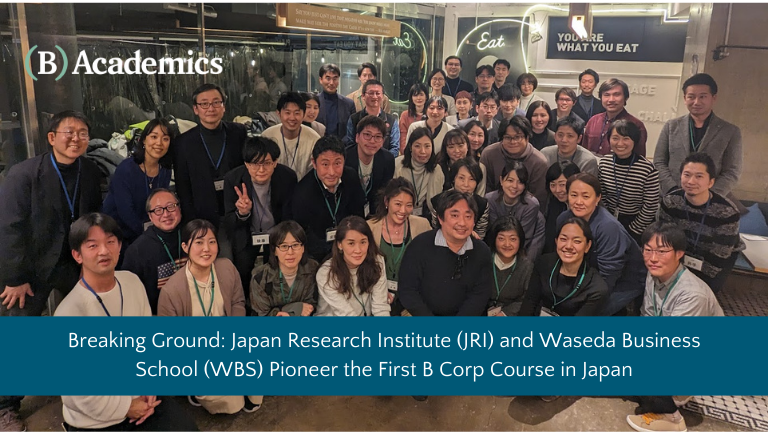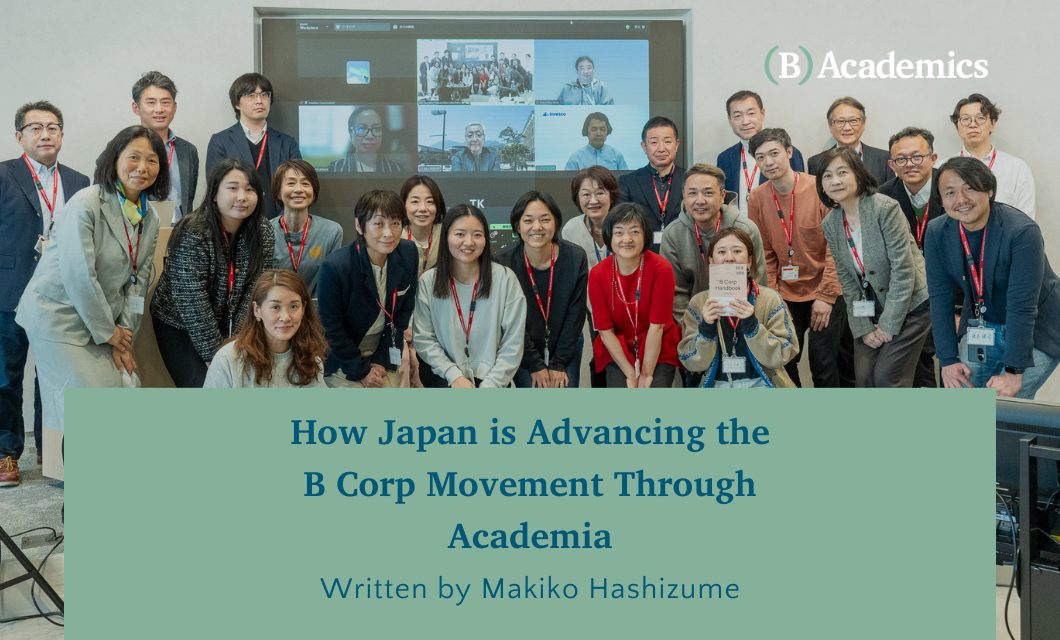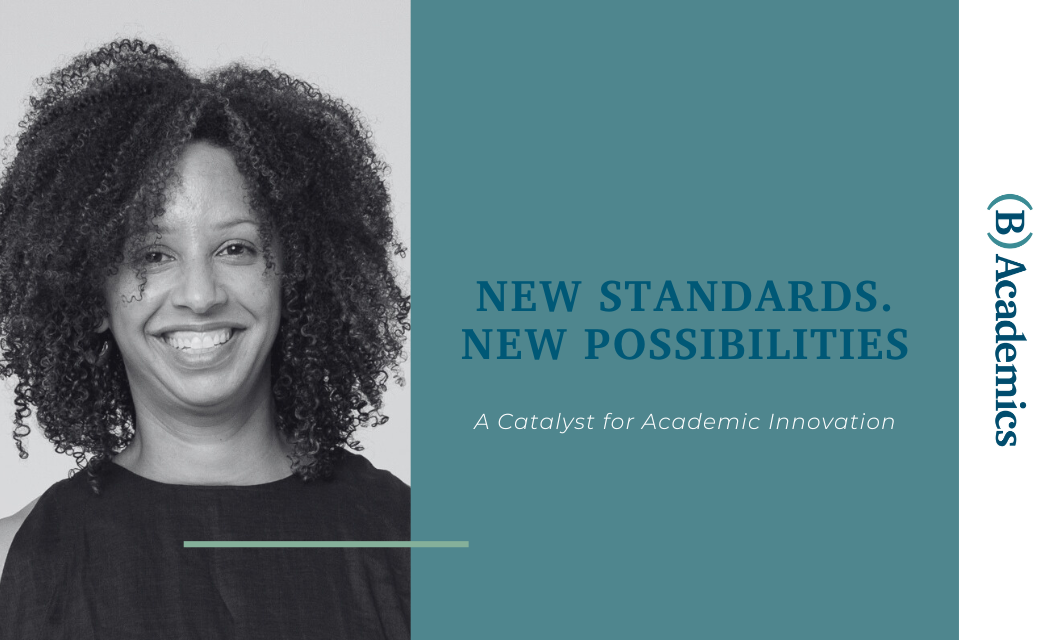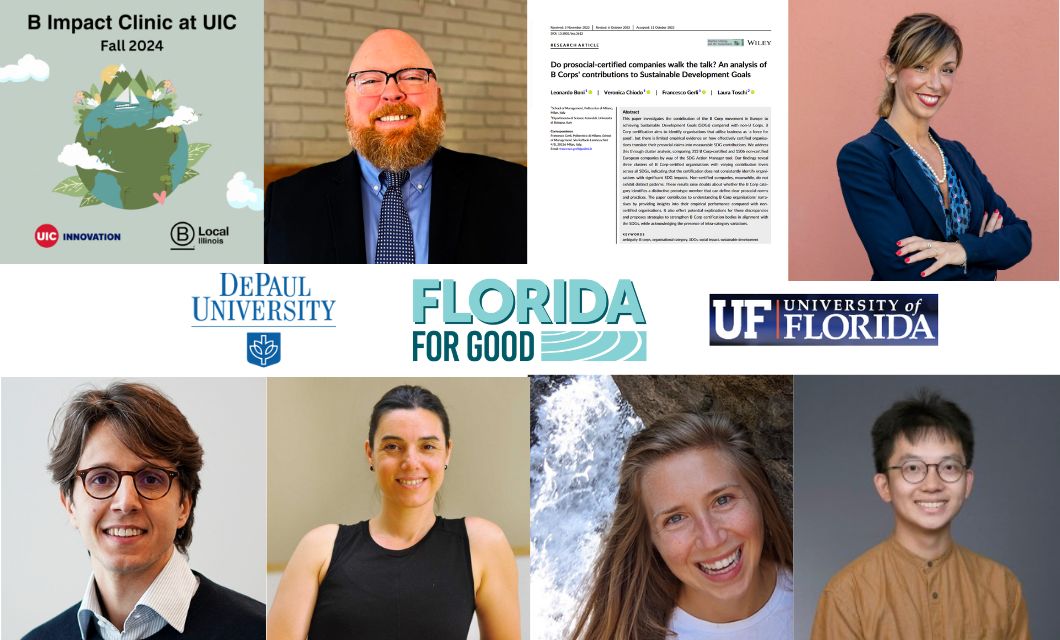Written by Nozomi Mizuno Witherspoon from the Japan Research Institute
Context in Japan
In June 2023, the Japanese government released a pivotal document titled “Grand Design and Action Plan for a New Form of Capitalism”. This multi-year plan outlines a strategic vision for achieving a virtuous cycle of economic growth and wealth distribution, a cornerstone of the envisioned “New Capitalism” for Japan. Notably, the plan highlights the importance of fostering social impact through private enterprise. One potential avenue for achieving this goal is the creation of new corporate forms, such as Benefit Corporations. This focus has spurred a growing interest in B Corp certification among diverse stakeholders, encompassing both small and medium-sized startups and established corporations.
Recognizing that sustainability in business will become even more essential in the future, the Japan Research Institute (JRI) and the Waseda Business School (WBS) have established a joint course to equip the future generation with the concept and principles of B Corps, through case-study methods and understanding of the B Impact Assessments (BIA) tool. The development of this program was carried out in collaboration with the US non-profit organization B Academics, a network of educators who are working to accelerate sustainable business through research, teaching and engagement on B Corp certification and benefit corporations. To prepare, JRI and WBS participated in the B Impact Teams webinar to understand how BIT courses are taught at U.S. universities. They then adapted this content to design a course specifically for Japan.
Description of Problem
The B Corp movement has just started in Japan. Globally, the number of certified companies has grown to over 8,180 in 95 countries and regions outside Japan, yet, there are only 40 in Japan (as of May 2024). Several factors contributed to this delay, for example a lack of establishment of B Lab Japan to help promote awareness strategically (note: B Market Builder Japan was launched in March 2024), and limited availability of information in Japanese. However, it is worth noting that the movement has just picked up, and although still small, the community is surely growing and strongly believes that B Corps will strengthen Japan and the global community towards a better future.
Our Response/Initiative – The First B Corp Course in Japan
Considering the critical timing, the JRI discussed with Professor Kanetaka Maki from WBS to developed a course on B Corp aimed at young business professionals. The goal was to promote awareness of B Corp for future business leader. JRI and WBS agreed to collaborate and started brainstorming the content and structure of such course. In February 2024, the JRI and the WBS jointly launched the first B Corp Course. The course aimed to promote students’ understanding of B Corp principles and learn the current situation of the B Corp movement around the world and in Japan. The course was carried out through a combination of case-study methods, which were created particularly for the course. On the funding side, the Course successfully received a partial grant from the Ministry of Economy, Trade and Industry (METI).
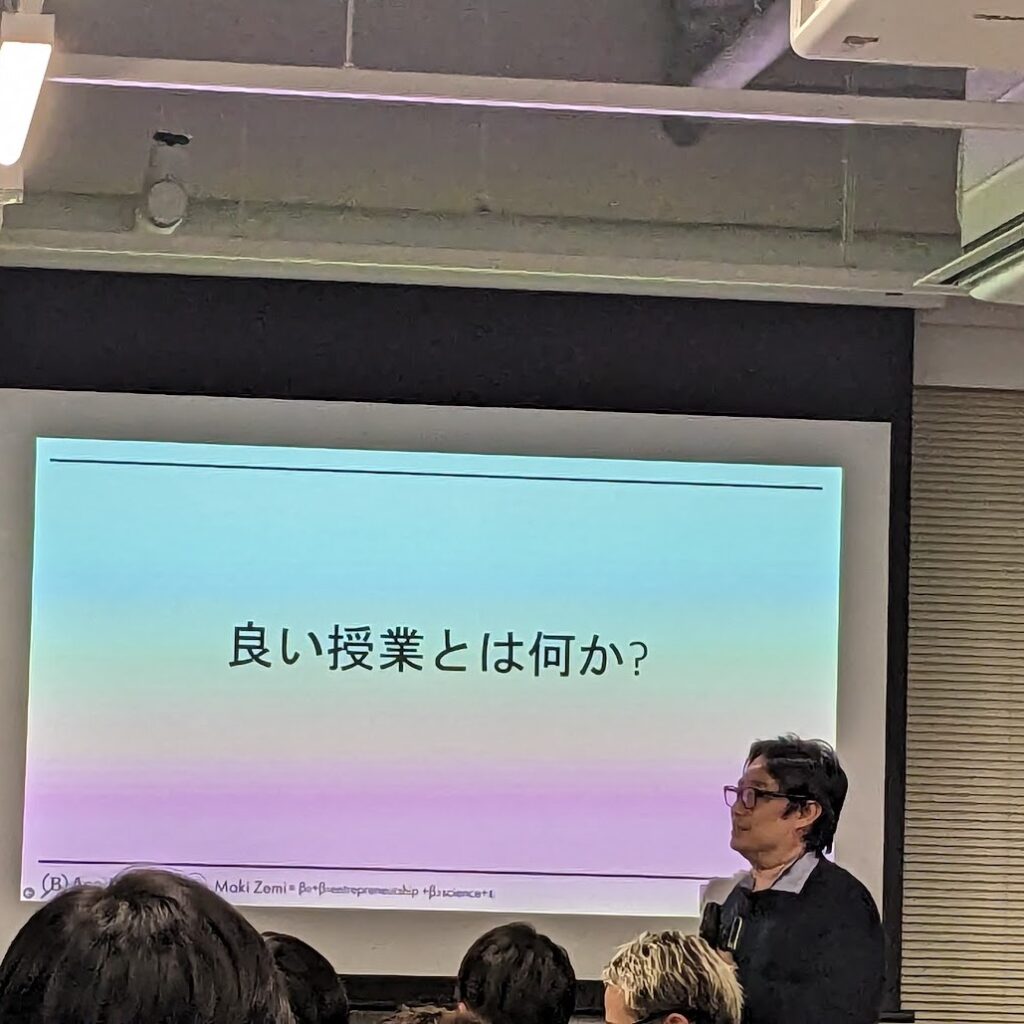
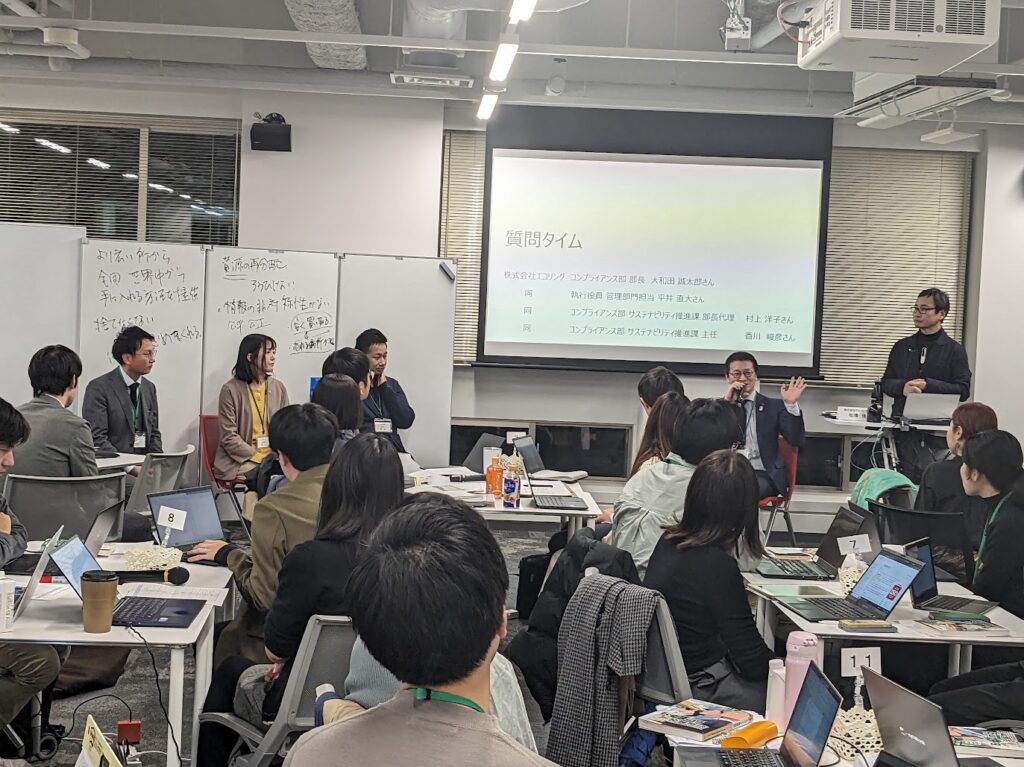
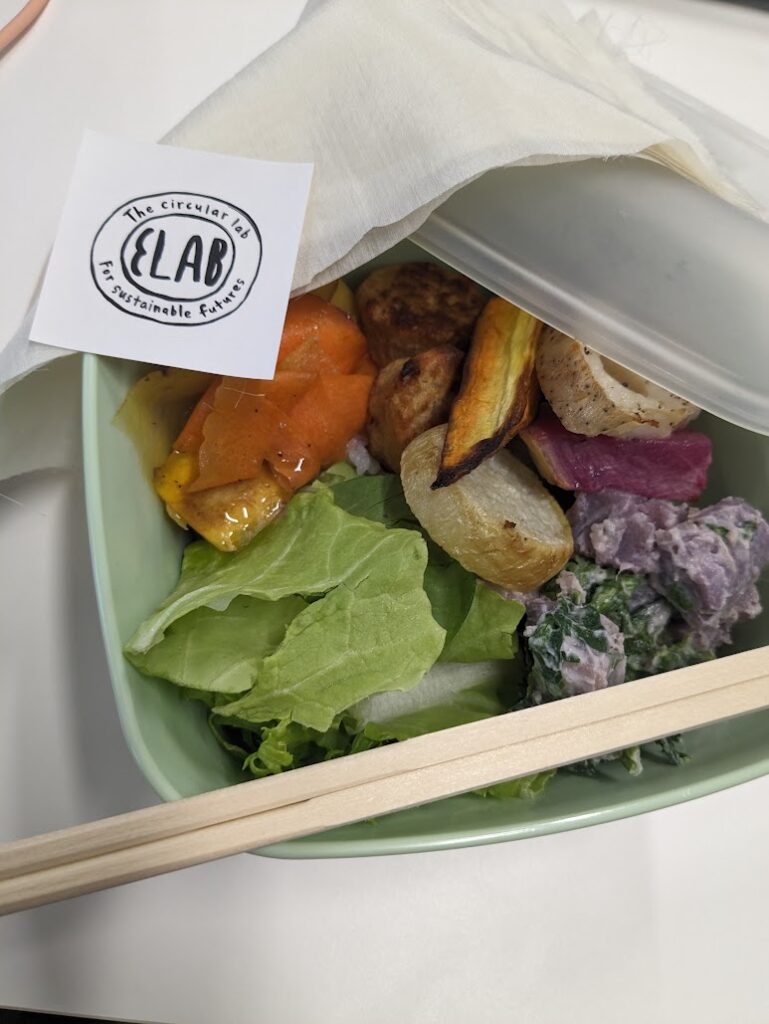
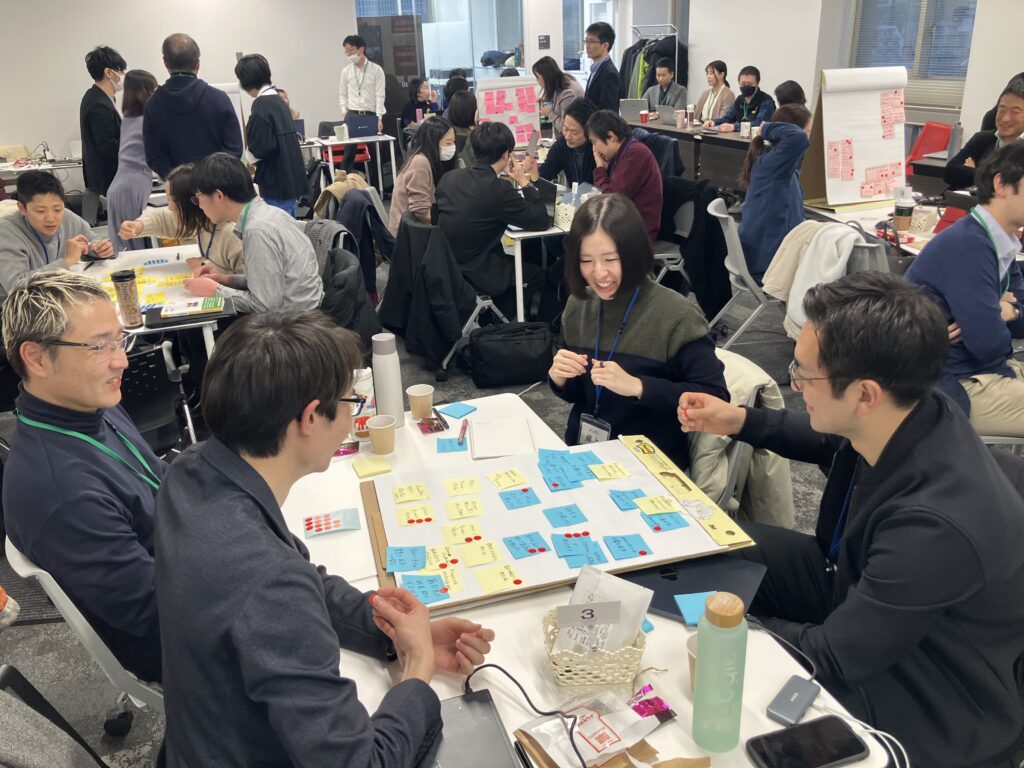
Highlights of Unique Course Features
- Targeted 25 MBA students and 25 JRI employees as students. Each has different learning objectives.
- Focused 3-day course plus 1 day only for JRI students to internalize.
- Used a teaching method of case study and discussion, instead of traditional “teaching”. Balancing practicality and academics, emphasizing students to “think” vis-a-vis “learn”.
- Created 3 case studies from scratch using the B Corp companies in Japan.
- Invited B Corp company CEOs of Case Studies to share the n=1 experience after the case.
Program Details
| Date/Time | Content |
| Feb 7 | Pre-recorded video viewing |
| Video I: “B Corp Overview from an ESG Perspective” Video II: “B Impact Assessment Overview” | |
| Feb 21 | |
| 7:00 PM – 9:00 PM | Introduction CaseI: “B Lab: Can it Scale Business as a force for good?” Discussion: Domestic B Movement and School of B Corp Initiatives |
| Feb 22 | |
| 7:00 PM – 9:00 PM | Case II: “Eco Ring: The Impact of B Corp Certification on Corporate Governance – Eco Ring’s Internal Reform” Guest: Seitaro Owada, Director of the Compliance Department Case III: “What is the Responsibility of a Company that Handles Used Goods? – Valuebook’s Awareness and Response” |
| Feb 23 | |
| 9:00 AM – 5:30 PM | Case III: “What is the Responsibility of a Company that Handles Used Goods? – Valuebook’s Awareness and Response” Cont. Workshop I: “How Can Yamagata Design Become a B Corp?” – using BIA as Consulting Guest Speaker: Taro Nagaoka, Manager of the Town Development Promotion Office, Yamagata Design Discussion: “B Corp as the Hope for Local Communities in Japan”* Case IV: “Kuradashi’s Decision: IPO of a B Corp Certified Company” Design Thinking Workshop: “How to Promote B Corp to Japan” Wrap-up |
Participants
The participants were a group of 25 from the WBS students (MBA) and 25 from the JRI’s young professionals. Given the participants were all full-time professionals, the course balanced practicality and academics – i.e. intended for the participants to be able to apply the B Corp knowledge in their designated company upon completion of the course.
Teaching Methods
- Pre-recorded Video Viewing: Participants will access designated URLs and watch the videos on-demand in their own environment before the class sessions.
- Case Study: This refers to the case method of instruction. The case method involves “a teaching method in which participants use case studies embedded with training themes to learn through discussion, guided by the discussion leader towards the learning goals, and achieved through collaborative interaction between themselves, other participants, and the discussion leader (quoted from the Japanese Case Writing Guidebook)”. Participants are required to read the case text provided in advance and complete the pre-class case assignment before attending the class.
- Workshop: Participants will be divided into small groups, where they will exchange ideas on assigned tasks, present their group’s findings to the class, and participate in discussions. There are generally no pre-class assignments.
- Discussion: To promote understanding of the themes covered in this program, discussions will be led by instructors or experts. Discussions on the content of the discussions may follow. There are generally no pre-class assignments.
Feedback Received
A survey was conducted immediately after the course. The response rate was XX%, and overall response was very positive. Some extracted comments provided:
- “The Course provided us with an opportunity to reflect on the significance of our work for society. I realized that understanding how our work and outputs impact others is crucial for fostering a sense of social value. Therefore, I am committed to sharing my learnings from this course with my colleagues.” – Course Participant
- “The Course provided me with an excellent opportunity to explore and learn how seemingly opposing concepts of “creating social value” and “pursuing economic value” can coexist within a single framework. While B Corp may initially seem like a distant concept akin to SDGs or ESG investing, I believe that even completing a single system development project involves numerous direct and indirect interactions with stakeholders and external parties.” – Course Participant
*The JRI Team is planning to conduct post-3 months survey in June 2024 to assess if the students have taken any action since the Course.
Going Forward
Encouraged by positive feedback, JRI and WBS have committed to offering this course annually. The 2024 iteration is scheduled for October, featuring largely similar content and case studies with minor updates to reflect evolving trends. The team is currently pursuing grant opportunities from METI to support the upcoming course. In tandem with course implementation and ongoing improvement, the team will maintain active engagement with B communities in Japan. This collaboration aims to ensure the course’s effectiveness in promoting the B movement within the country by equipping young professionals with the necessary skills to lead the B ecosystem in the coming years.
Learn More About BIT Programs